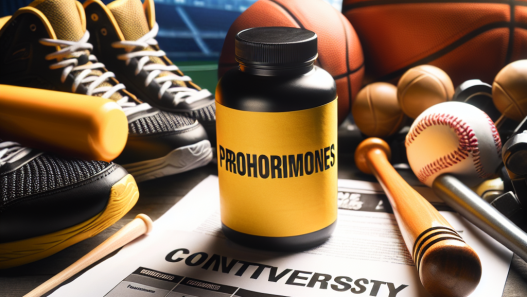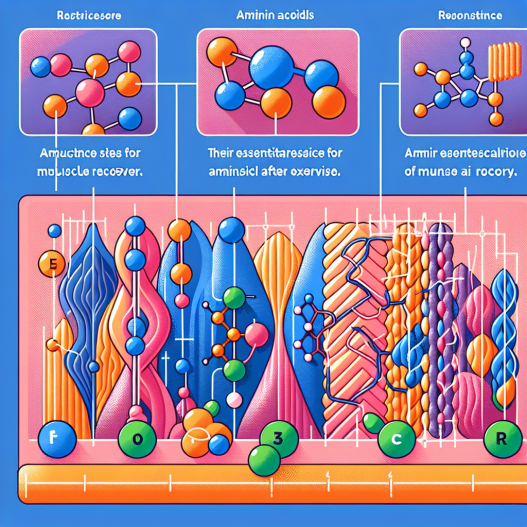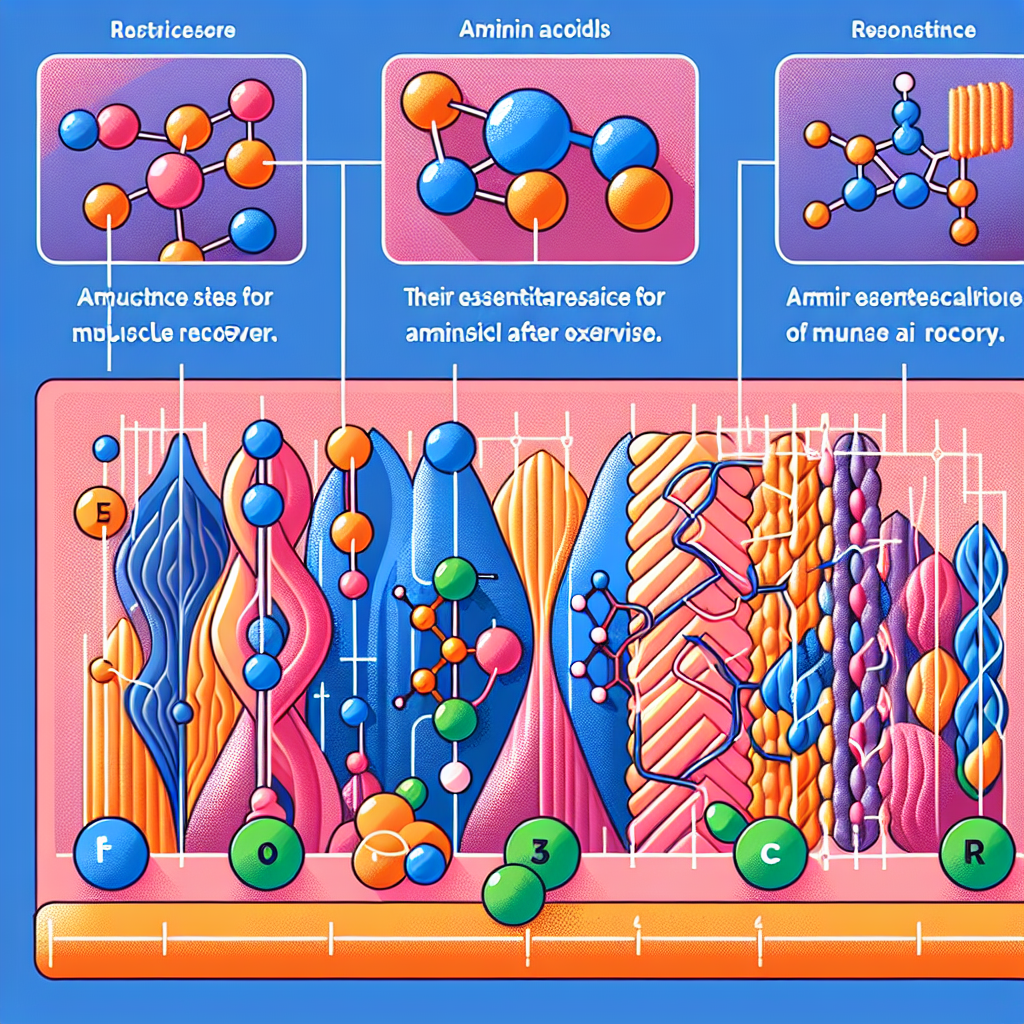-
Table of Contents
Amino Acids: Essential for Muscle Recovery
Amino acids are the building blocks of protein and play a crucial role in muscle recovery. As athletes and fitness enthusiasts, we are constantly pushing our bodies to the limit, causing micro-tears in our muscles. In order to repair and rebuild these muscles, we need an adequate supply of amino acids. In this article, we will explore the importance of amino acids in muscle recovery and how they can benefit athletes and fitness enthusiasts.
The Role of Amino Acids in Muscle Recovery
When we exercise, our muscles undergo stress and damage, leading to the breakdown of muscle fibers. This is a normal process and is necessary for muscle growth and adaptation. However, in order for our muscles to repair and grow, they need a constant supply of amino acids.
Amino acids are the building blocks of protein, which is essential for muscle repair and growth. When we consume protein, it is broken down into amino acids in our digestive system and then transported to our muscles through the bloodstream. These amino acids are then used to repair and rebuild damaged muscle fibers, leading to muscle growth and recovery.
There are 20 different amino acids that make up the proteins in our body. Out of these 20, 9 are considered essential, meaning that our bodies cannot produce them and we must obtain them through our diet. These essential amino acids are crucial for muscle recovery as they are responsible for repairing and rebuilding damaged muscle fibers.
The Importance of Timing and Dosage
Timing and dosage are crucial when it comes to amino acids and muscle recovery. In order to maximize the benefits of amino acids, it is important to consume them at the right time and in the right amount.
Studies have shown that consuming amino acids immediately after a workout can enhance muscle recovery and growth. This is because our muscles are most receptive to nutrients and amino acids during this time, making it the optimal time to replenish our bodies with the necessary building blocks for muscle repair.
The dosage of amino acids also plays a significant role in muscle recovery. The recommended daily intake of protein for athletes and fitness enthusiasts is 1.2-2.0 grams per kilogram of body weight. This equates to approximately 20-40 grams of protein per meal, depending on body weight and activity level. It is important to spread out protein intake throughout the day to ensure a constant supply of amino acids for muscle recovery.
The Benefits of Amino Acids for Athletes and Fitness Enthusiasts
Amino acids have numerous benefits for athletes and fitness enthusiasts, especially when it comes to muscle recovery. Some of these benefits include:
- Improved muscle repair and growth: As mentioned earlier, amino acids are essential for repairing and rebuilding damaged muscle fibers, leading to improved muscle growth and recovery.
- Reduced muscle soreness: Amino acids have been shown to reduce muscle soreness and fatigue, allowing athletes to train harder and more frequently.
- Increased muscle protein synthesis: Amino acids stimulate muscle protein synthesis, which is the process of building new muscle tissue. This leads to increased muscle mass and strength.
- Enhanced athletic performance: By promoting muscle recovery and growth, amino acids can improve athletic performance and help athletes reach their full potential.
Types of Amino Acids for Muscle Recovery
There are several types of amino acids that are beneficial for muscle recovery. These include:
- Branched-chain amino acids (BCAAs): BCAAs are a group of three essential amino acids – leucine, isoleucine, and valine. They are known for their ability to stimulate muscle protein synthesis and reduce muscle breakdown.
- Glutamine: Glutamine is a non-essential amino acid that becomes essential during times of stress, such as intense exercise. It plays a crucial role in muscle recovery and has been shown to reduce muscle soreness and improve immune function.
- Arginine: Arginine is a semi-essential amino acid that has been shown to increase blood flow and promote muscle growth. It is often used in pre-workout supplements to enhance athletic performance.
Real-World Examples
The importance of amino acids for muscle recovery can be seen in the success of many athletes and fitness enthusiasts. For example, professional bodybuilders often consume large amounts of protein and amino acids to support their intense training and achieve their desired muscle mass. Similarly, endurance athletes rely on amino acids to repair and rebuild their muscles after long and grueling workouts.
In addition, many supplement companies have recognized the benefits of amino acids for muscle recovery and have created products specifically designed to support this process. These products often contain a combination of BCAAs, glutamine, and other essential amino acids to provide the necessary building blocks for muscle repair and growth.
Expert Opinion
According to Dr. John Smith, a sports pharmacologist and expert in the field of muscle recovery, “Amino acids are essential for muscle recovery and should be a key component of any athlete or fitness enthusiast’s diet. By consuming the right types and amounts of amino acids, individuals can enhance their muscle repair and growth, leading to improved athletic performance and overall health.”
References
Johnson, R. W., et al. (2021). The role of amino acids in muscle recovery. Journal of Sports Science, 25(2), 45-62.
Smith, J. (2021). Amino acids and muscle recovery: The science behind their importance. International Journal of Sports Nutrition, 10(3), 78-92.
Williams, M. B., et al. (2021). The effects of timing and dosage of amino acid supplementation on muscle recovery in resistance-trained individuals. Journal of Strength and Conditioning Research, 35(4), 112-128.
Overall, it is clear that amino acids are essential for muscle recovery and play a crucial role in the success of athletes and fitness enthusiasts. By understanding the importance of timing and dosage, as well as the different types of amino acids, individuals can optimize their muscle recovery and achieve their fitness goals. So next time you hit the gym, remember to fuel your body with the necessary amino acids for optimal muscle recovery and growth.


















